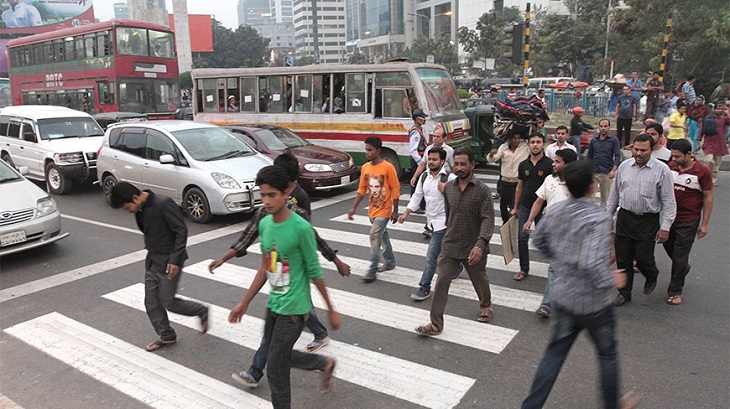Make Your Journey Smoother with These Travel Hacks
During the previous winter, my family and I organized an adventurous vacation to New York City. We were extremely excited to discover the city’s well-known attractions and to sample its renowned street food. However, the journey didn’t start as smoothly as we hoped. At the airport, we were met with a chaotic scene: long security lines, a delayed check-in process, and a confusing layout that left us scrambling to find our gate.
We missed our connecting flight and had to wait hours for the next one. During our layover, we met an experienced traveler who shared valuable time-saving tips. He discussed the importance of packing smart, using travel apps, and planning routes in advance. Inspired by his advice, our return trip was much smoother, and we’ve since applied these hacks to all our travels. These simple strategies transformed our travel experiences, making them more efficient and enjoyable.
Time-Saving Travel Hacks for Traveling
Traveling is an incredibly rewarding experience, but it can also be time-consuming and stressful if not properly planned. Luckily, numerous time-saving hacks can help you make the most of your adventures:
1. Streamline Your Packing
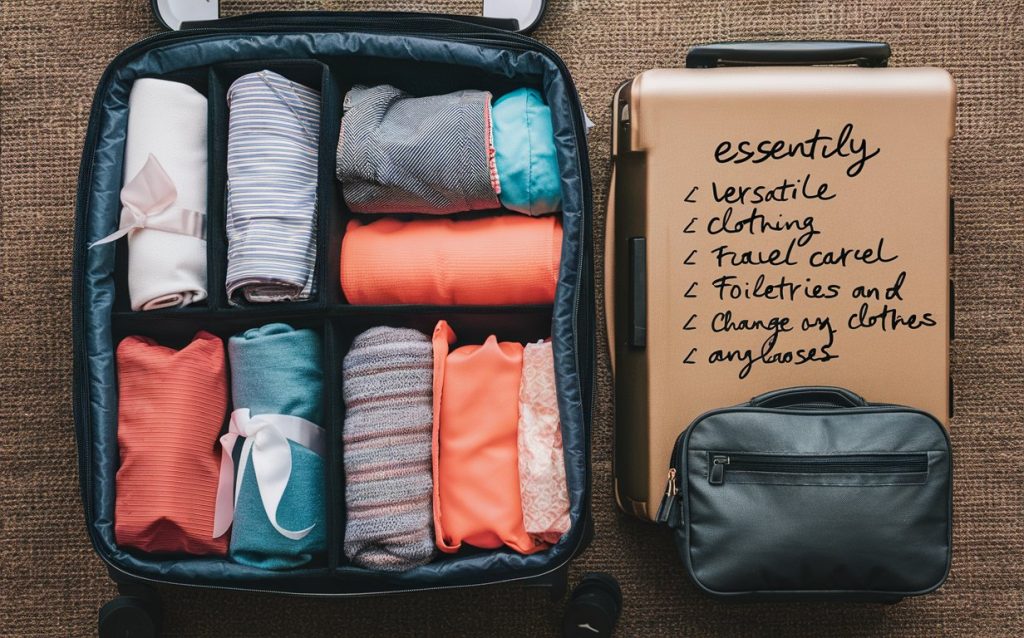
Optimize Your Luggage: Packing smart can save a lot of time. Start by making a checklist to ensure you don’t forget essentials. Use packing cubes to organize your clothes and consider rolling them instead of folding them to save space and prevent wrinkles. Pack versatile clothing that can be mixed and matched easily. Always have a small bag of toiletries and a change of clothes in your carry-on in case of lost luggage.
2. Use Technology to Your Advantage
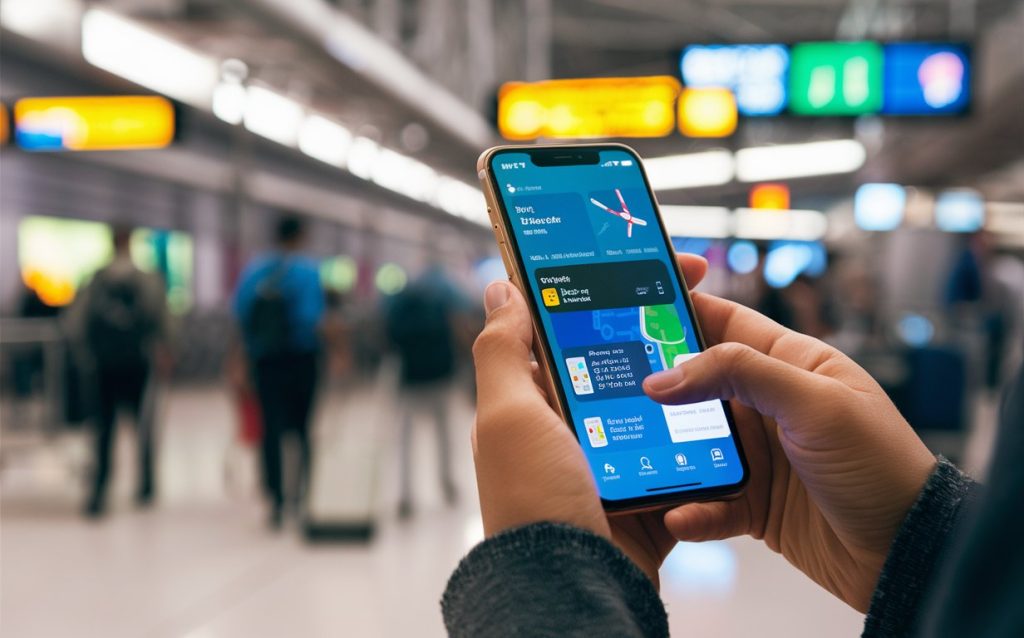
Apps and Alerts: Leverage travel apps for flight updates, check-in, and navigation. Apps like Google Maps, TripIt, and airline apps provide real-time information about your flights, traffic conditions, and itineraries. Set up alerts for any changes in your travel schedule to stay informed. Use travel apps to book flights, hotels, and activities, and to navigate unfamiliar cities. Take advantage of mobile check-in and digital boarding passes to avoid long lines at the airport.
3. Plan Your Routes in Advance
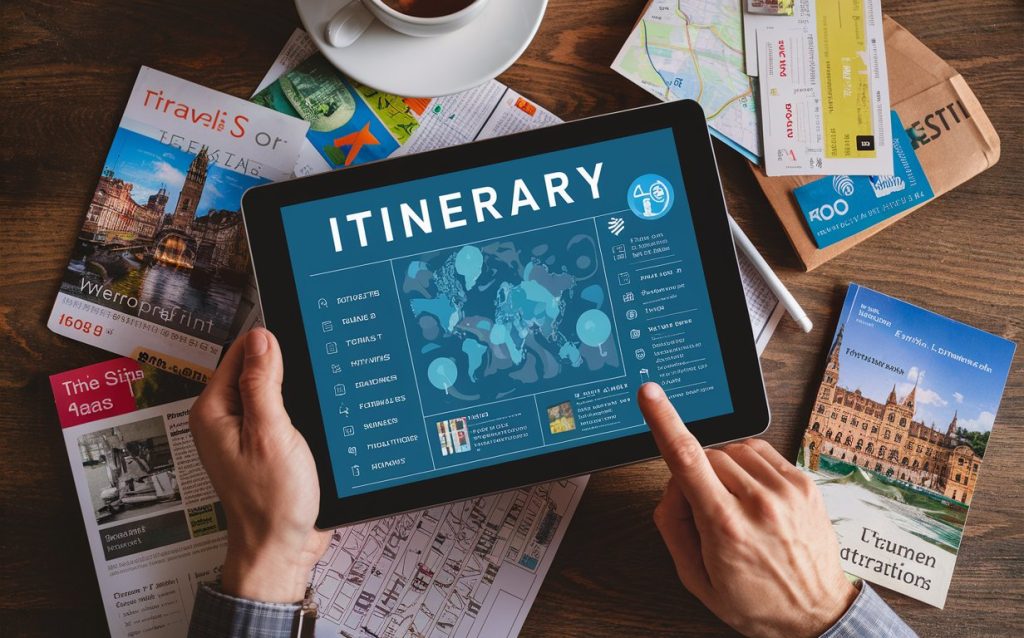
Efficient Itinerary: Plan your routes and schedule activities wisely before you travel. Use online maps to familiarize yourself with the locations of attractions, hotels, and transport options. Book tickets for popular attractions online to avoid long queues. Also, research the best times to visit these places to minimize waiting times.
4. Choose the Right Travel Times
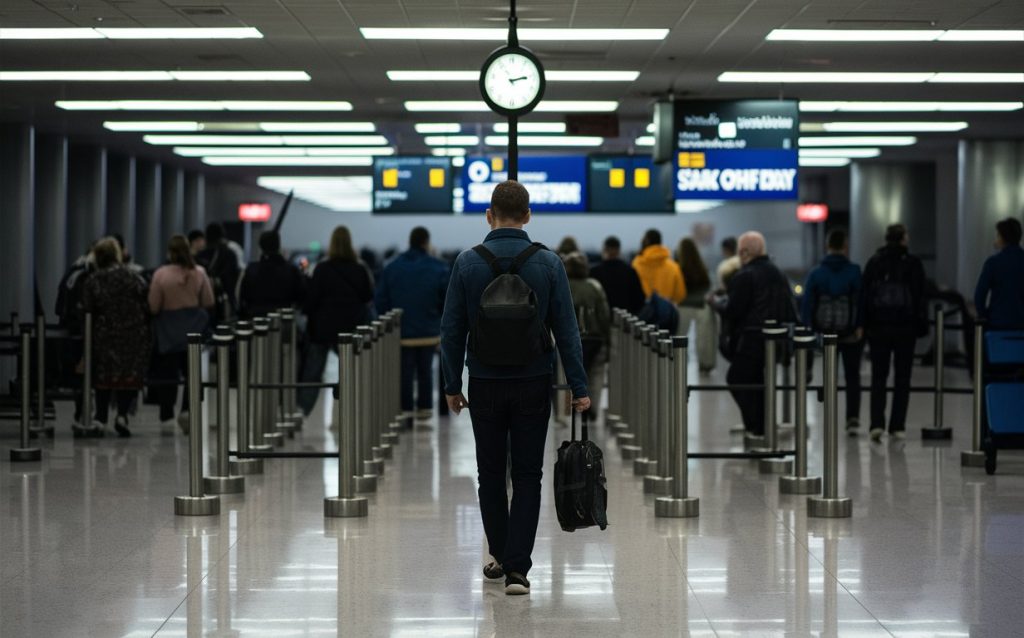
Optimal Timing: Traveling during off-peak hours can save you time and reduce stress. Flights early in the morning or late at night are often less crowded and less likely to be delayed. When planning road trips, try to avoid rush hours to steer clear of heavy traffic. This timing strategy can make your travel experience much smoother and quicker.
5. Efficiently Navigate Airports
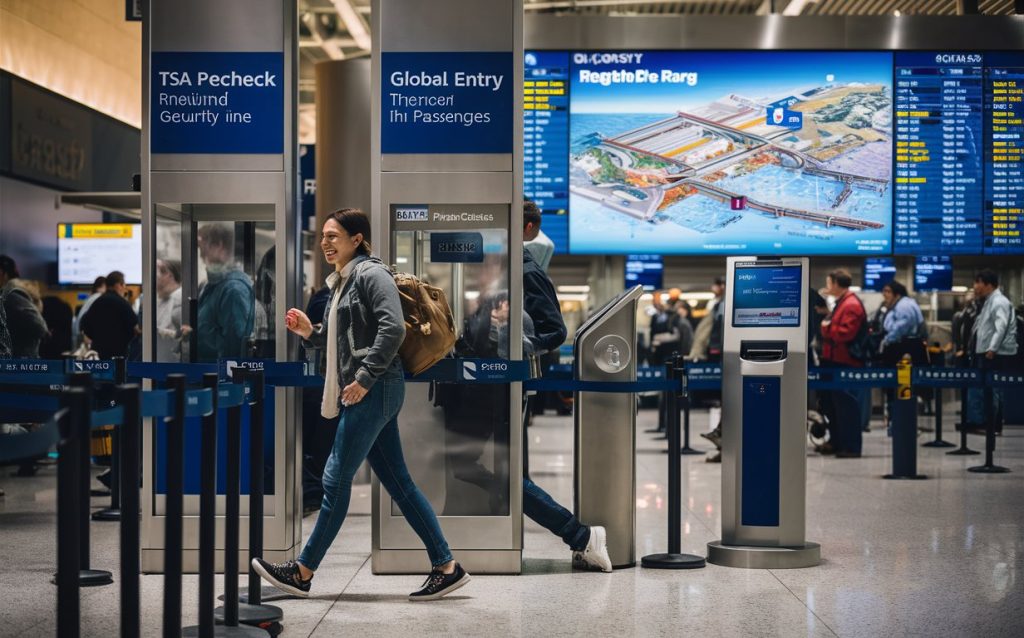
Airport Hacks: Save time at the airport by checking in online and printing your boarding pass at home. Use expedited security lines like TSA PreCheck or Global Entry if available. Keep your travel documents and essentials easily accessible to breeze through security. Additionally, always check terminal maps and gate information before arriving to know exactly where you need to go.
Smart Travel: The Future of Time-Saving Techniques
As technology continues to advance, we can expect to see even more innovative solutions for saving time while traveling. From AI-powered travel assistants that can plan personalized itineraries to augmented reality apps that provide real-time translations and navigation, the future of travel is likely to be more efficient and seamless than ever before.
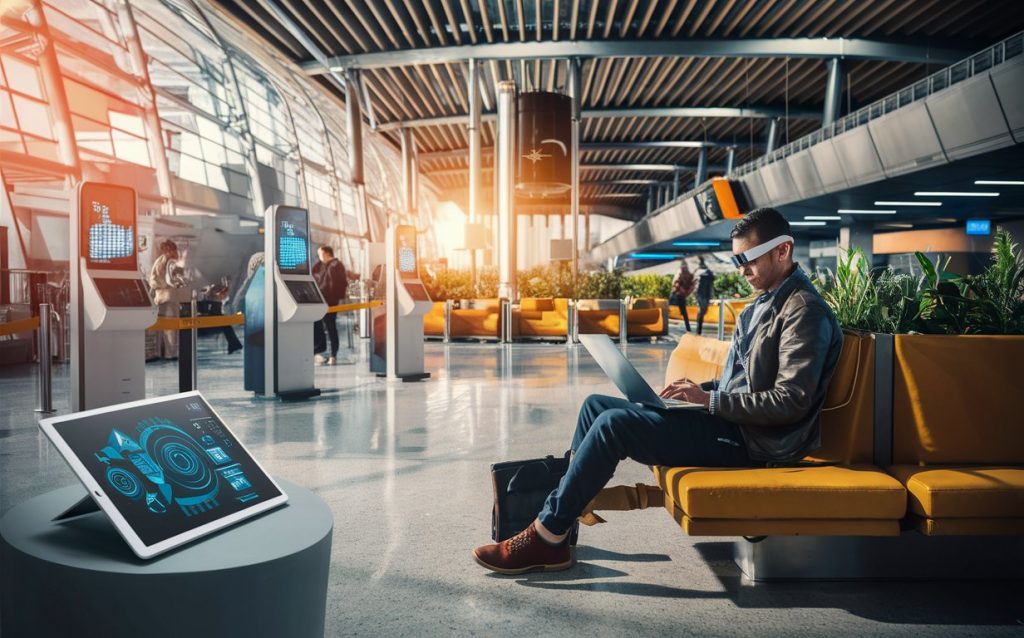
Moreover, as remote work becomes increasingly common, the line between work and travel is likely to blur, giving rise to a new generation of digital nomads who can travel the world without sacrificing their careers. This shift will likely lead to a greater demand for time-saving travel hacks and resources, as more people seek to balance their wanderlust with their professional obligations.

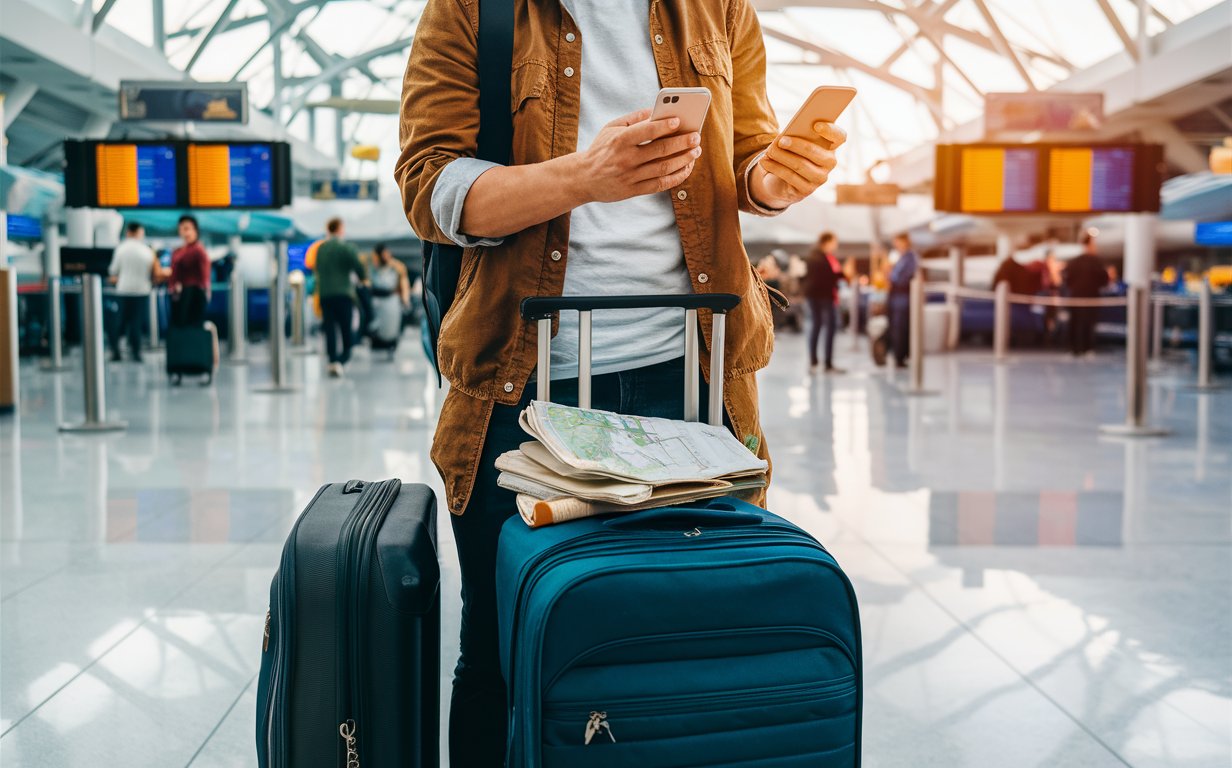
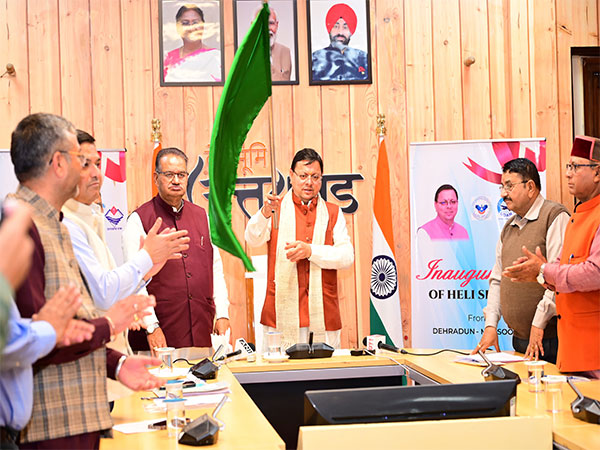
 By
By

 By
By





